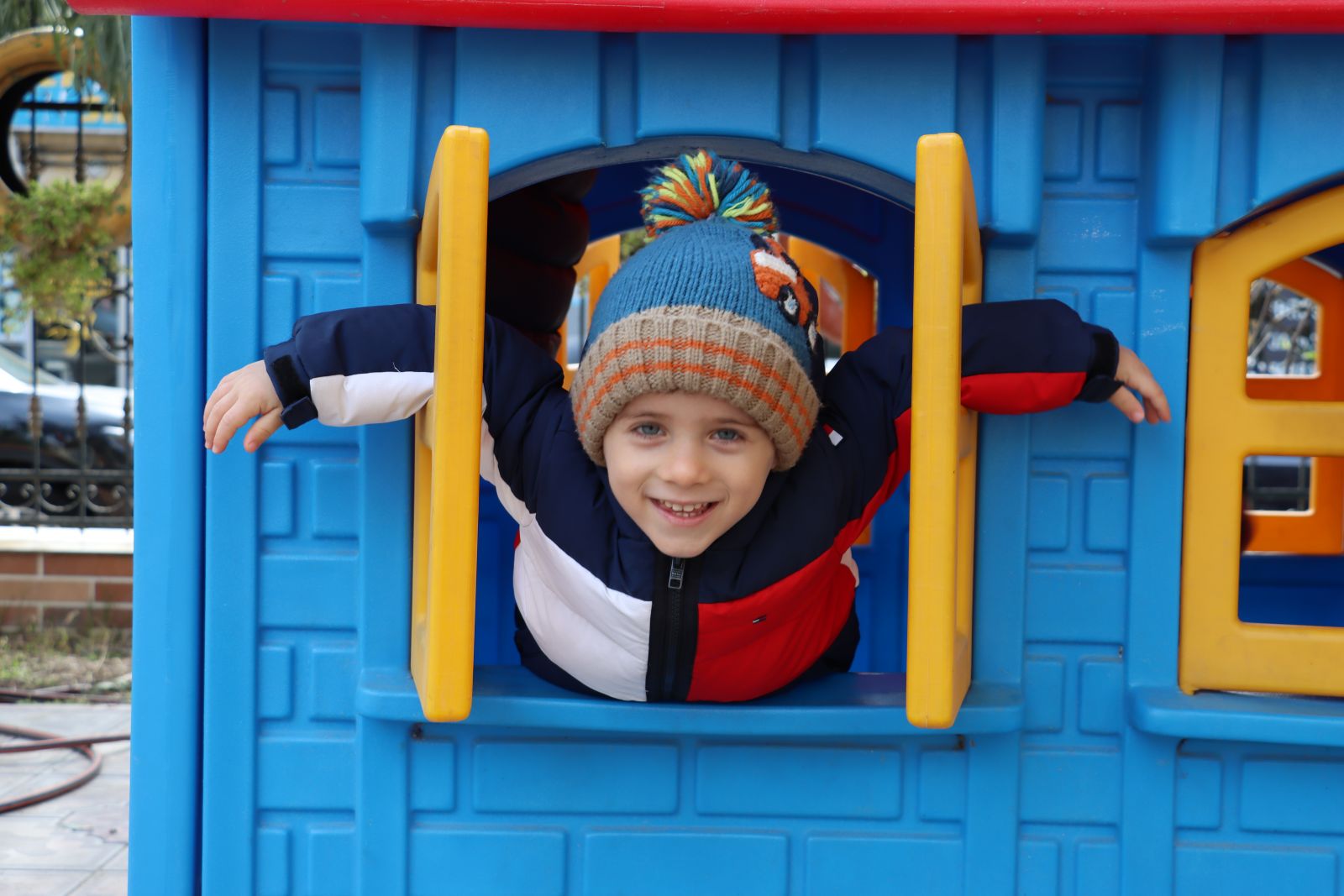Play-based learning is a general term in the early childhood education world.
What exactly is play-based learning?
Play-based learning is based on child-led and open-ended play.
The play itself should be a voluntary, enjoyable activity. If it is an activity with no purpose or end goal, it puts a good foundation for curiosity and lifelong learning. Play-based learning develops children develop social skills, motivation to learn, and even language and numeracy skills. When children play, they taking the initiative focused attention, and curiosity about the world are all a part of the play.
Play is not ‘work’ with a purpose or end goal. Play is not a directed or focused work activity. Both ‘Free Inquiry’ and ‘Purpose-oriented’ lessons can contribute to a child’s development; they are different.
For example, using a song or game that will lead children to differentiate between “odd” and “even” numbers is not play-based learning – it’s work presented as a play.
Elements of play-based learning
Play-based learning includes the following elements:
Self chosen: A child voluntary decides to play, how they’ll play, and for how long. An adult may initiate play insofar as they invite or suggest space, but the child determines the rest. The teacher observes the playtime and takes anecdotal notes
Enjoyable: Play is enjoyable for children. It is an essential aspect of their social-emotional development.
Free Inquiry-oriented: Teacher can't determine the learning goal through free inquiry, only observe and make reflection
Role Play and Imagination: Play often involves imagination, ‘make belief’, or ‘role plays.
At KIS, we believe that play-based learning helps straighten the development of the whole child. Opposite to the academic or traditional approach to early childhood education, play-based learning focuses on teaching children cognitive skills and knowledge not through structure and routine but free play.







